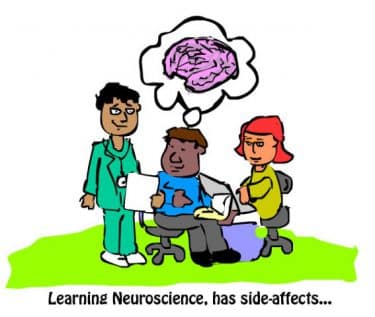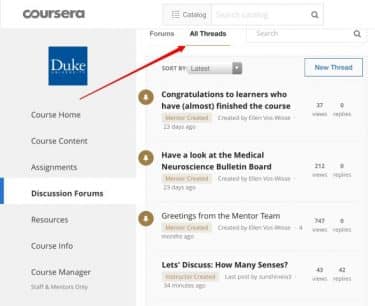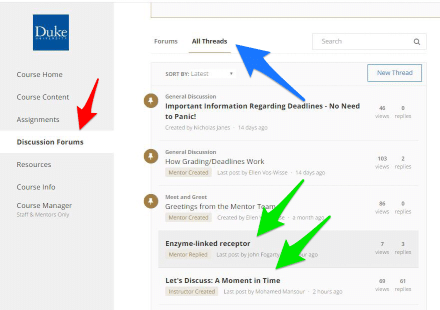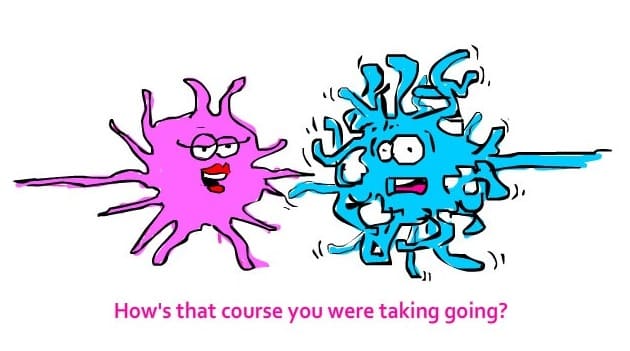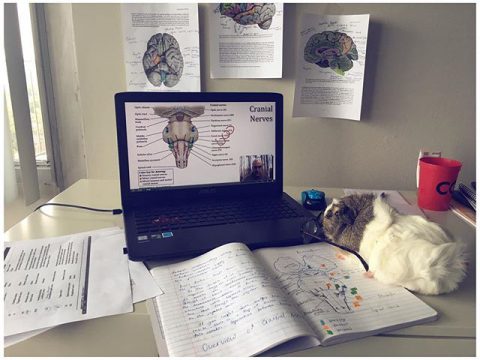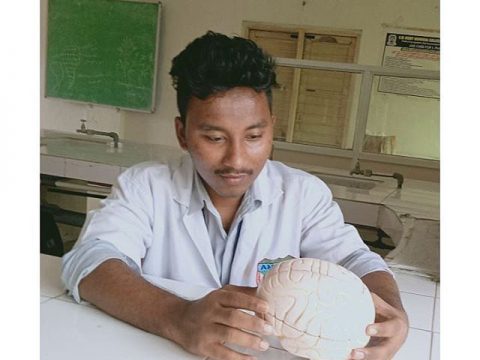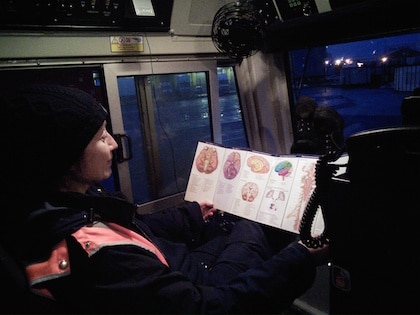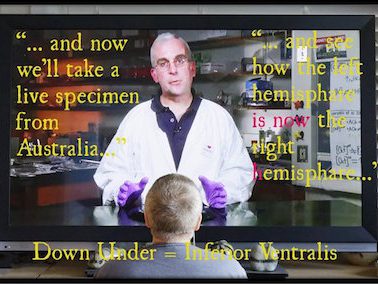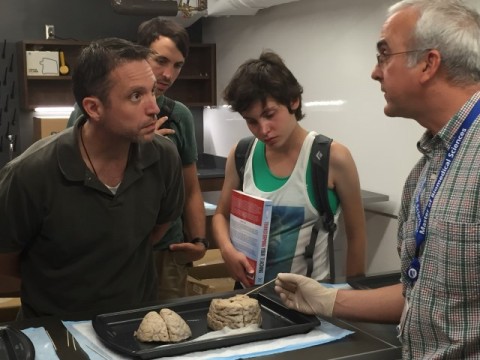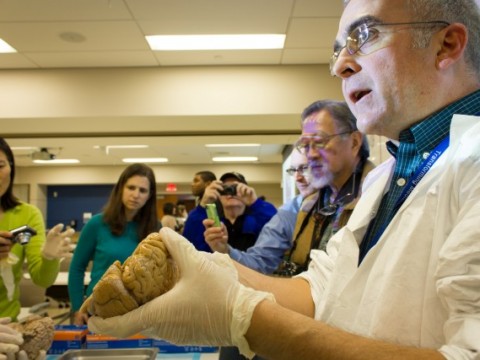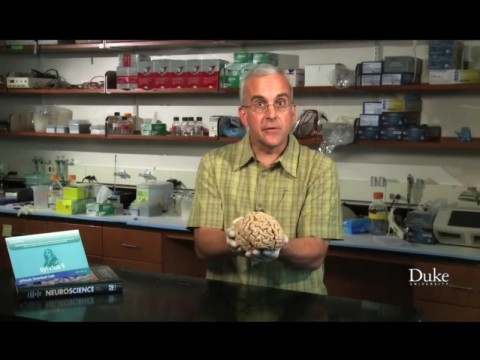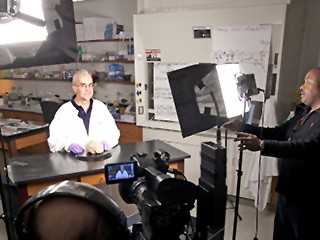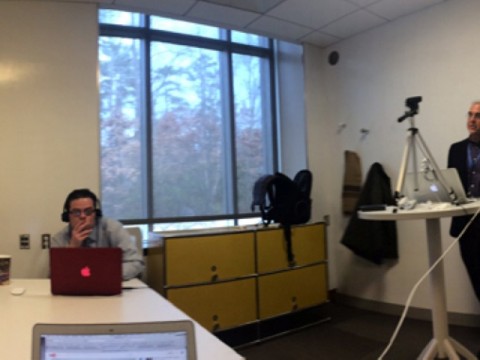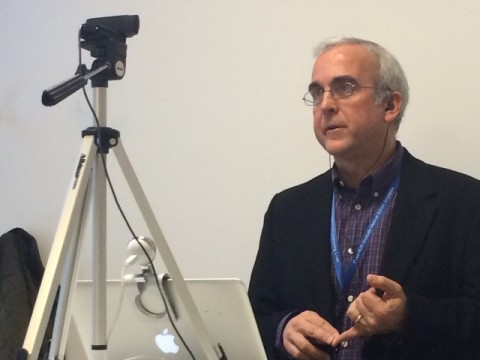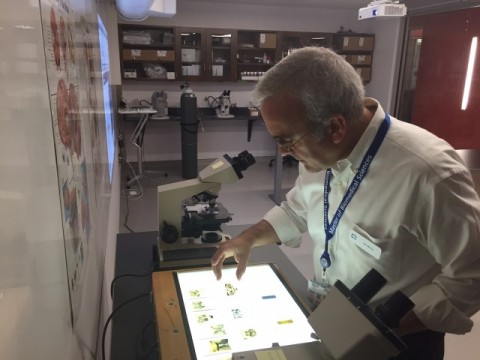The Learning Community of the on-demand course is taking shape.
Statistics
Learning Community statistics from July 4th 2016 (session June 6th – September 12th) are:
- 21,108 total visitors
- 9,857 enrolled learners
- 5,175 active learners
- 1,679 active learners in week 26 (last week)
- 71 individuals rated the course with an average rating of 4.9 of 5.0
- 2 individuals have already completed the course
- 74% of learners are outside of U.S. (India = 6.7%, Mexico = 4.3%, Brazil = 4.1%, UK = 3.8%, Canada = 3.4%, China = 3.0%, and further down the list is the Netherlands at 1.2%)
- 49% female
- Age bin mode = 25-34 years old
- 30% are full time students; 58% are not
- 20% are PhDs or professional school graduates; 26% do not have a college degree
- 39% are employed full time
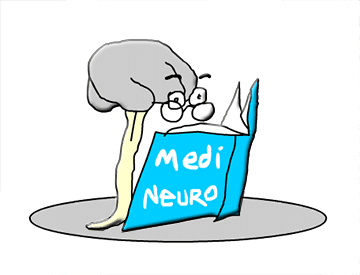
Performance
Continue reading “Learning Community Medical Neuroscience takes shape”
